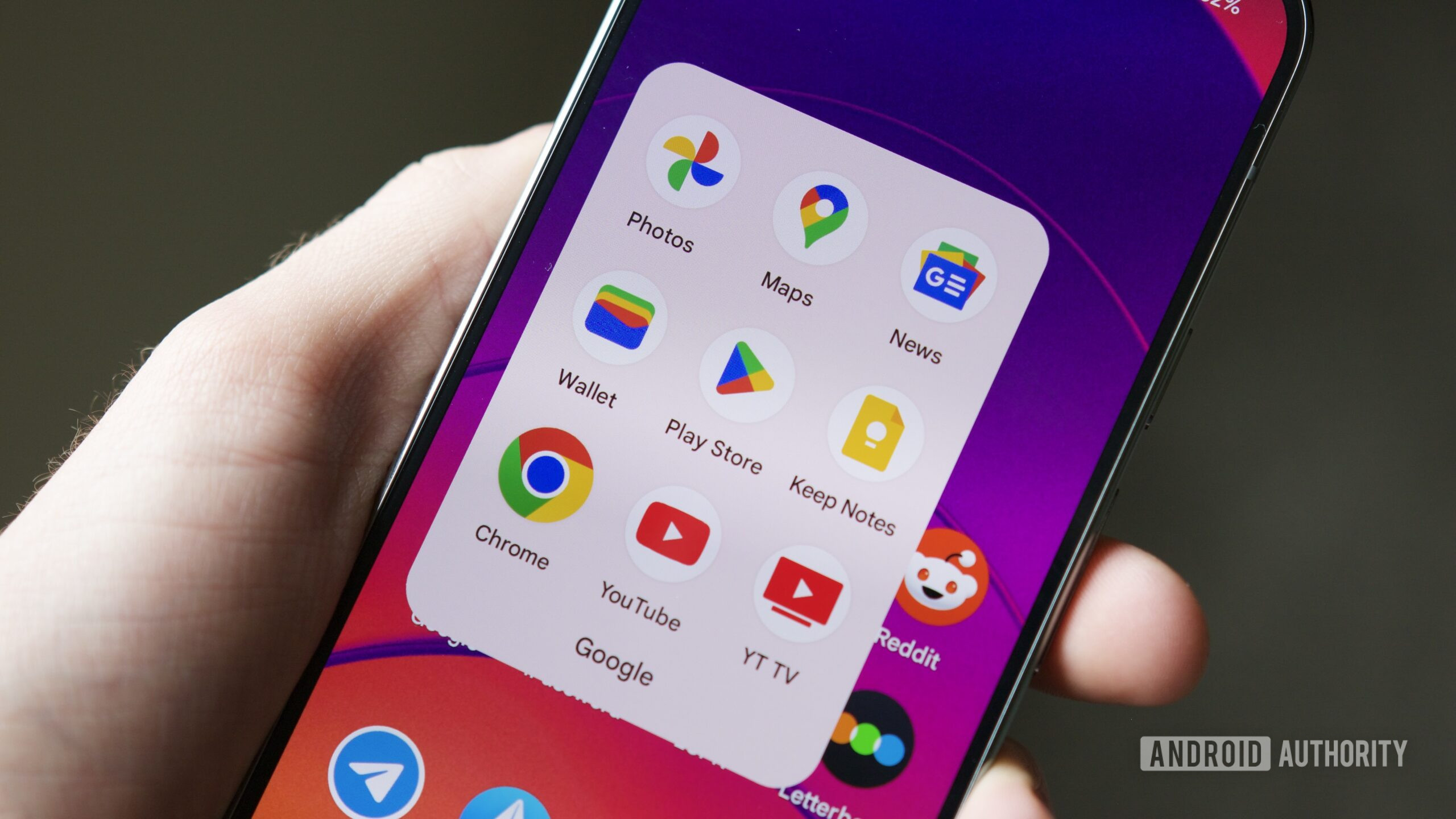
Joe Maring / Android Authority
I just wanted to send a file from my Android -Phone to my Windows 11 PC. It should have been simple, but I had given my life, and suddenly I stuck. Fast proportion was gone. Google Drive wasn’t an option. Documents and Keep were also out of the picture. My new setup trusted a handful of indie tools and they did not cooperate. Microsoft’s phone link Did not work (again), and my Canadian cloud service was as slow as molasses.
It was the moment I realized to escape Big Tech just sounds good in theory. The practice turned out to be much more difficult than it should have been. Here’s what I learned to try to live a great technical life, and why I still pick up the pieces.
Have you tried to de-google your digital life?
30 votes
My third -party app setup to replace Google
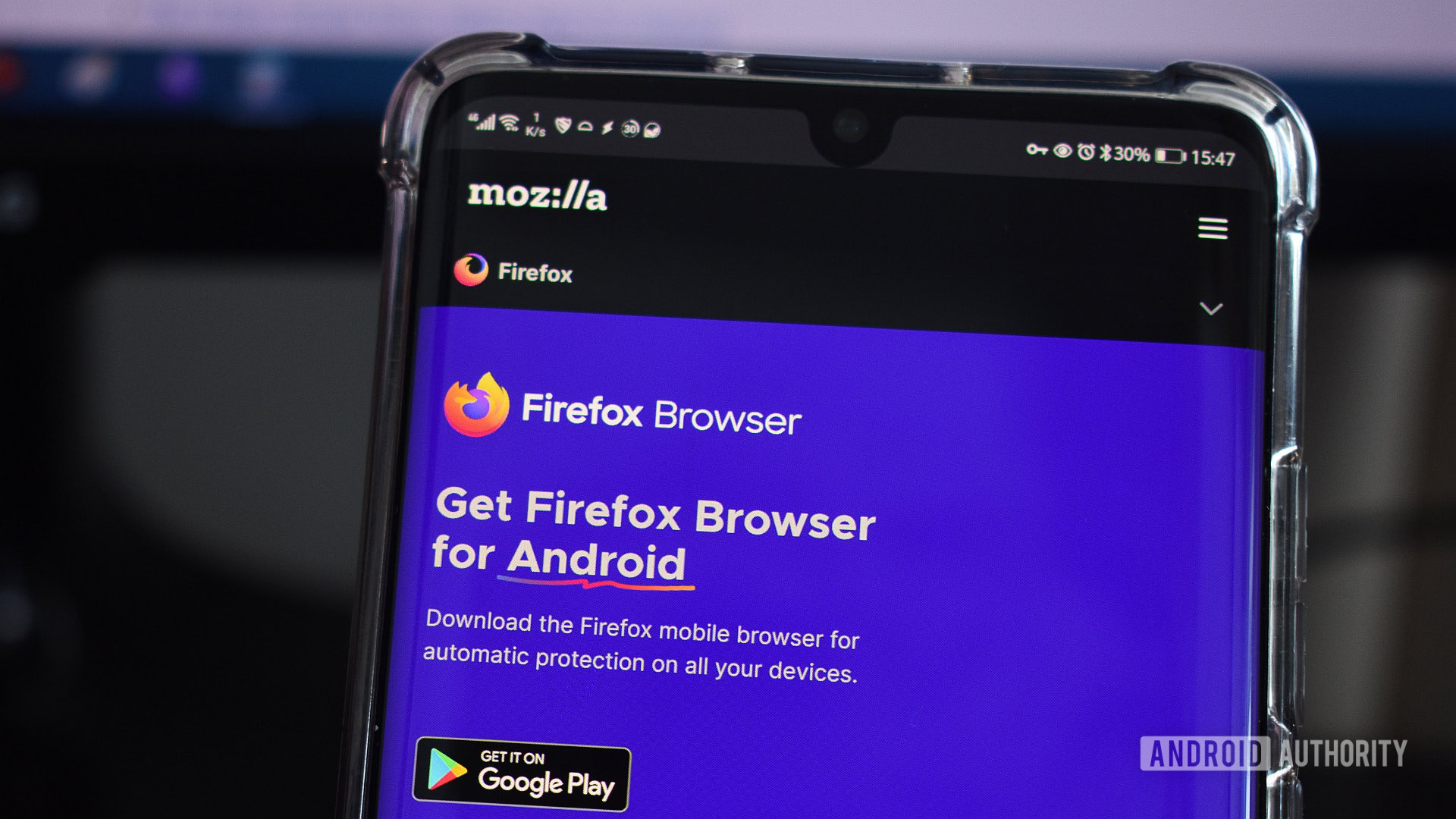
Andy Walker / Android Authority
I have gotten tired of leaving my data to huge monopoly that treats me like a product. Google reads my e -posts, Facebook tracks me over the internet, and Amazon always spies on me.
I didn’t want it anymore. I wanted to support independent developers who build well thought out, targeted software. I did not want to be part of an algorithm or a data scraping form for AI. So I set some basic rules for my new digital life.
I was looking for apps that were not us or Chinese own. If there was an app in the United States that I absolutely needed it should be a nonprofit, like Firefox. If it was Canadian, my home ground, it jumped to the top of the list, but Australian and European apps were doing well. Big Tech was an instant no.
Here’s what I ended up using:
- Synchronize instead of Google
- Obsidian instead of holding
- Todyist instead of tasks
- Elementary instead of chatting
- Cobo instead of kindle
- VLC instead of YouTube music
- Firefox instead of chromium
- Ecosia instead of Google search
- Fastmail instead of gmail
I didn’t expect perfection, but I hoped I could build a modern and private workflow that did 90% of what I used to do. What I ended up with was a fragmented, friction -filled experience that cost me a lot of money and valuable time.
How my replacement apps went
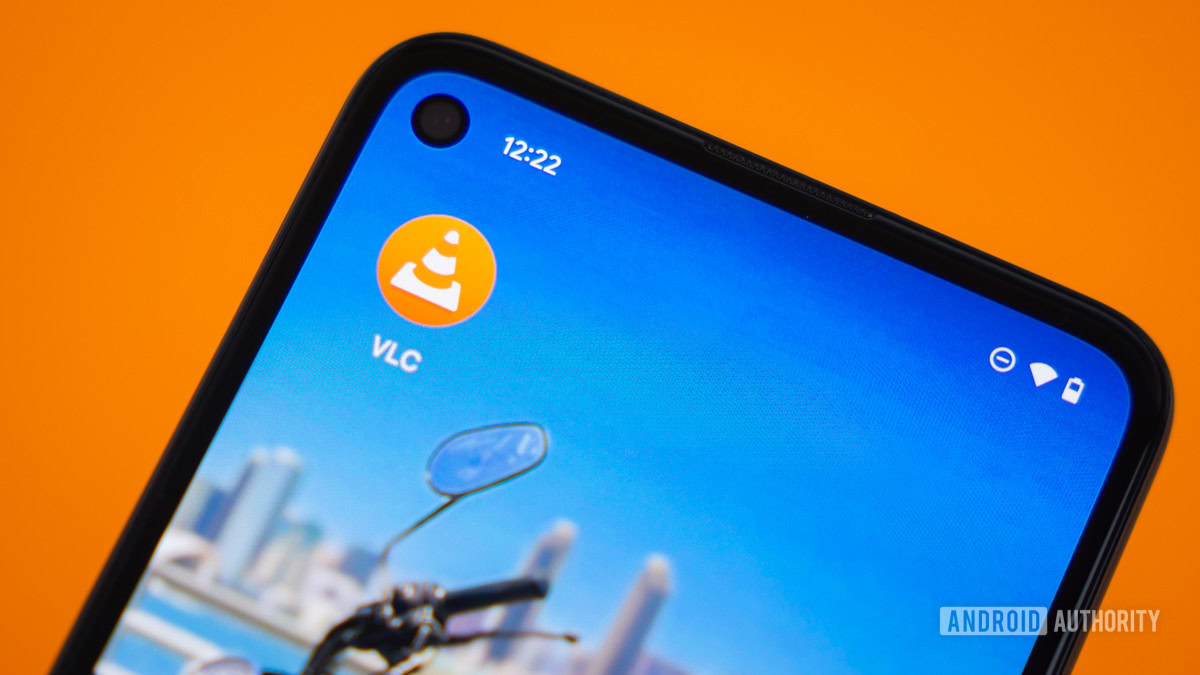
Edgar Cervantes / Android Authority
I went with Fast -mail to replace Gmail. This is a quick and pure e -mail service from Australia. It is private, it handles e -mail as well as Gmail, and it comes with a series of tools included in the annual $ 50 tax. I ended up falling in love with FastMail, and it has replaced all other e -mail messages in my life. I wish I could say the same for Synchronization. This is a Canadian cloud storage service with strong encryption and no tracking. It felt good ethical, but practically I thought it slowly and bulky. File uploads from my Android Toel always appear on my PC and the mobile app looks dated.
I replaced YouTube music For my own MP3 and Flac files, stored locally on my phone. It felt good to go back to the old iPod days, and VLC has a solid music player who can handle pretty much any music file. I own thousands of tracks from the old days, and it felt liberating to stop renting my music from Big Tech. My change to Kobo was similar, even though I now bought my e books from IndigoCanada’s largest bookstore, instead of Amazon.
It felt liberating to stop renting my music from Big Tech.Nathan Drescher
Obsidian became my replacement for Keep And documents, and it wasn’t fun. Obsidian is powerful on the desk, but slowly on mobile. I never liked what it looked like or felt. While it got the job done, something was always missing. I tried plugins, read the forums and watched the videos, but in the end I ended up never using them. Todoist, on the other hand, has always been a pleasure to use, and I will continue to use it for the day they take Android from my hands.
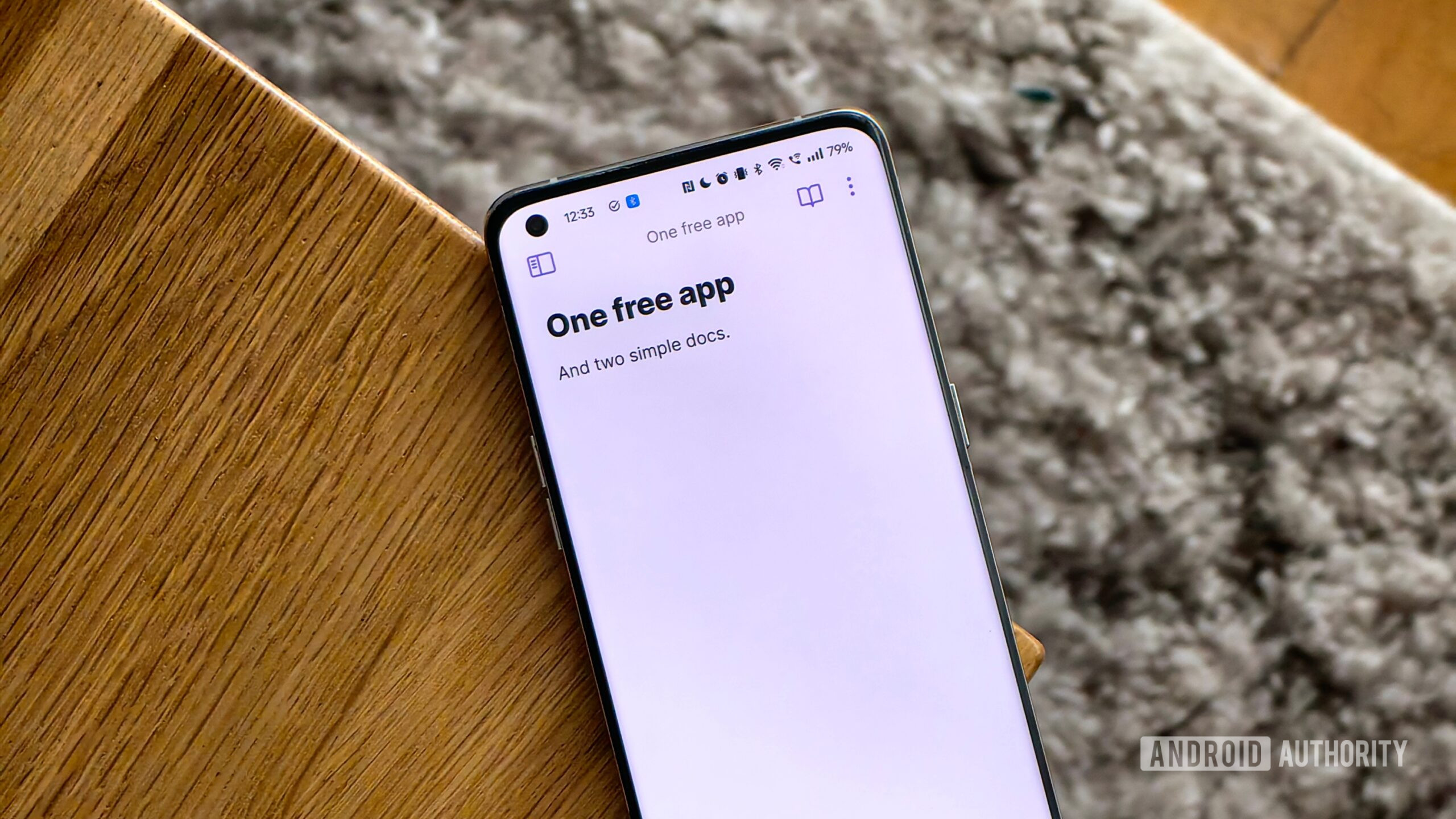
Bogdan Petrovan / Android Authority
I ended up falling in love with Firefox. Then the owners decided to change the terms and declared ownership of everything I did in the app. I shopped around for a replacement and settled on Vivaldi, albeit reluctantly. Chromium still has Google’s hands all over, after all.
The biggest error was messages. I experimented with element, a decentralized, encrypted platform built with the matrix protocol. It sounded like a good idea, but putting it up is painful. Ultimately, it is impossible to get anyone else to use it. Good luck explaining decentralized protocols to my mom. She is doing well with Messenger.
Going indie ended up costing more than sticking to a platform

Andy Walker / Android Authority
Everything felt incoherent without a uniform ecosystem. Alerts were delayed, or did not come at all. I wanted to make a task in a Todoist, but it wouldn’t appear in my fast -mail calendar. Storage of a file from fixedmail to synchronization first meant manual download of the file, and then re -re -re -re -water No drag-and-release, no auto-sync. Even copying a link from Obsidian to an e -post felt like more work than it should be.
The financial costs alone proved to be confusing. I subbed to Todoist, Fastmail, Obsidian Sync and Sync.com. No one was scandalous on their own, but each one left. I was still Pays a lotAnd for a messy experience.
That being said, I got some privacy and was able to support companies I believed in. But the smooth, invisible infrastructure that makes the tools feel like extensions of my brain were missing, and it wasn’t cheaper.
What big technology actually gets right

Edgar Cervantes / Android Authority
Big Tech gets one thing undeniably right: integration. For all the mistakes, everything just works. You do not often notice how even files are synchronized across devices, e -post messages connect directly to calendars and messages float to the receiver. Tasks appear on calendars while attachments can store directly to Google Drive or OneNote. This convenience is invisible until it is gone.
There is also a kind of cognitive relief that comes from using an ecosystem designed to keep your whole digital life. You do not need to juggle tools or connect your brain every time you change tasks. Google, Apple and Microsoft have spent years building systems that expect what you need further. It’s an experience most indie apps just can’t match.
What I am doing and what I have learned
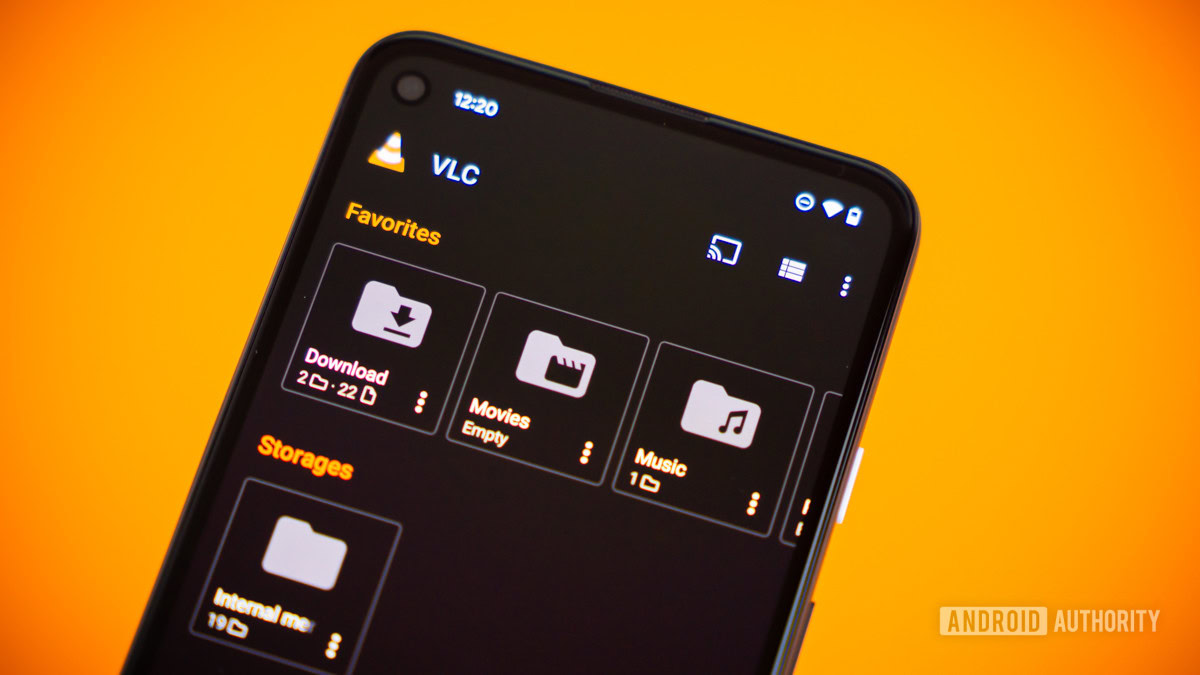
Edgar Cervantes / Android Authority
I don’t get away from everything. Fastmail lives, as there is a two -oist. These are two solid apps worth every penny. I stick to Vivaldi for now, using Ecosia as mine search engine. I also stick with local music files, and even put up a Plex server to stream videos and music from my PC to the Apple TV 4K. It just works. I’m going to keep Kobo, for now. I beat everything else and went back to Google. Keep is fantastic, and Google Drive doesn’t have the same.
What I have learned is that there is nothing called a pure break when you go indie. I know Proton builds its own ecosystem, with a simple fee. I can try the next. In the meantime, it is difficult to beat how good the large technological ecosystems make everything feel.

